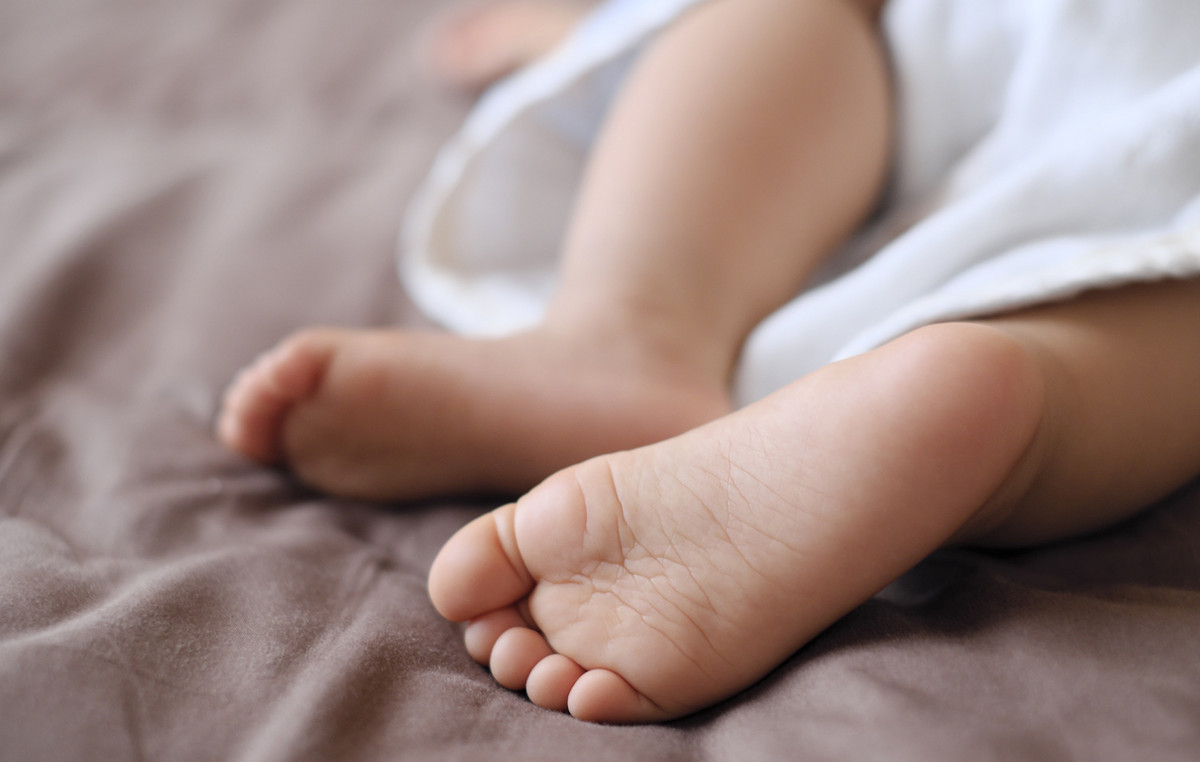In recent years, there have been several studies that point out links between few hours of sleep (less than seven hours a night) and various diseases, mainly mental, cardiovascular and degenerative.
Still, experts say that sleep disturbances “are always overlooked” as people don’t associate insomnia with long-term illness and end up underestimating the consequences of getting too little sleep.
Insomnia (associated with “more than three sleepless nights a week”) “is very common” among the population, according to psychiatrist Maria Moreno, who indicates that “about 30% of the world’s population has suffered from the disorder for least once in their lifetime and 15% will experience severe insomnia”.
In addition to tiredness, drowsiness and all the other consequences felt immediately, sleep disturbances can mean a more serious illness in the long term.
THE CNN Portugal spoke with three sleep medicine experts, who explain the ailments that can result from too little sleep.
Sleep apnea and the link to heart problems
Sleep apnea is among the most frequent sleep disorders, according to pulmonologist Mafalda VanZeller, who indicates that between 9 and 24% of the world’s adult population suffer from this disease, which also manifests itself in children (about 2% of the population world).
In practice, sleep apnea consists of “repeated episodes of total or partial interruption of the passage of air in the upper airway”, causing “sleep fragmentation and a compromise of oxygenation during the night”, explains the specialist from the Hospital Center. University of Sao Joao.
“This interruption in the passage of air and inadequate oxygenation of the blood will lead to increased cardiac work, increasing the risk of cardiac arrhythmias, high blood pressure and acute myocardial attacks. We know today that, in every 10 strokes, three to four occur in individuals with sleep apnea”, he stresses.
Generally, individuals who have sleep apnea “wake up many times during the night, without realizing that it is because of these interruptions in the passage of air”, explains the specialist.
They often wake up feeling choking or needing to go to the bathroom several times during the night. During the day, “they notice difficulties in memory and concentration, tiredness and daytime sleepiness”, he adds.
Diabetes
Several recent studies suggest that insomnia may increase the risk of type 2 diabetes. Research from the University of Bristol has found that individuals with insomnia have higher blood sugar levels than other individuals who do not have sleep-related problems. .
THE CNN Portugal Joaquim Moita, president of the Portuguese Sleep Association, explains the link between sleepless nights and diabetes, using sleep apnea as an example (noting, however, that this cause-effect relationship is extended to other sleep disorders) .
The specialist explains that, in sleep apnea, the airways are closed due to the horizontal position of the body and, as the resistance to the passage of air increases, there is a vibration in the walls of the pharynx. This vibration has variable durations: “It can last 10, 20 seconds or even two minutes”.

Therefore, apnea only ends with a micro-awakening, that is, when “the brain is sleeping and has to wake up to instruct the muscles of the upper airway to open the pharynx”.
Despite being “micro”, this awakening “interrupts the continuity of sleep”, thus impairing the quality, not least because “every time there is an apnea, there is a drop in oxygen”. And each micro-awakening causes an action of the sympathetic nervous system, which adapts the functioning of various internal systems to a state of readiness, thus releasing adrenaline.
“This will cause a dysregulation between glucose and insulin to occur. In stable situations, we release the insulin needed to control glucose levels, but in sleep apnea and in all situations where there is insufficient sleep, this balance is lost. Insulin resistance can arise, and later on, diabetes,” he explains.
Alzheimer’s
Assuming that “sleep is very important for the consolidation of memories”, with the brain working to select and store day-to-day memories, Joaquim Moita indicates that little sleep leads to “memory disturbances” that can even assume “very severe” forms with advancing age
“From the age of 70, this situation can be very serious, in such a way that this lack of memory is associated with dementia, such as Alzheimer’s, for example”, a situation that is worsened with medications “which are often not more correct”, he says.
In these cases, he continues, studies suggest that good quality sleep ends up “fighting” dementia or Alzheimer’s.
Mental ilnesess
Sleeping a few hours at night is also associated with problems related to mental health, which, according to psychiatrist Maria Moreno, have a particularity – they are two-dimensional. This means that “insomnia increases the risk of mental illness, while mental illness also increases the risk of insomnia”.

“Most mental illnesses are related to sleep disturbances.” These disorders translate, in practice, into a “change in brain structure and neurotransmitters”, and when this happens, “changes in sleep patterns naturally occur”.
These problems tend to worsen when people look for “informal solutions”, namely medicines that are sold as miraculous, but that end up prolonging a problem that could be easily resolved in a medical consultation.
“Unfortunately, there is a huge tendency to ask friends for help, ask what they take for sleep and take it too, and when they arrive at the consultation, most people are already taking some medication, which usually makes the problem permanent. Thus, something that initially was even easy to solve, turns into severe insomnia, mistreated and naturally more difficult to solve”, explains the specialist.
Infertility
Sleep deprivation can also be associated with infertility problems, according to Joaquim Moita, who cites an American study carried out on young male college students who had to sleep four hours a night every day for a week.
At the end of that week, the researchers found a “significant decrease in testicle size” in these young men, as well as a “significant reduction in testosterone”.
According to the specialist, these changes are due to the fact that testosterone is “a hormone that is produced practically only during sleep”. Therefore, “if the individual does not sleep, there is a testosterone deficit and this deficit will also be linked to the testicular dimension”, he points out.
But this is not a phenomenon exclusive to men. According to the head of the Portuguese Sleep Association, women also undergo hormonal changes, with a decrease in estrogen and, consequently, changes in the menstrual cycle.
As an example, the doctor cites studies that suggest that women who work shifts, such as nurses, are more likely to suffer “very significant menstrual changes”, such as amenorrhea and irregular menstrual cycles.
Source: CNN Brasil







